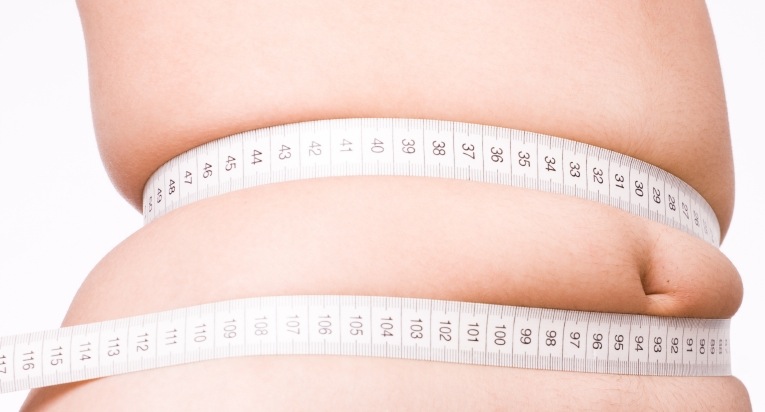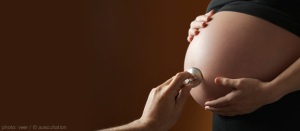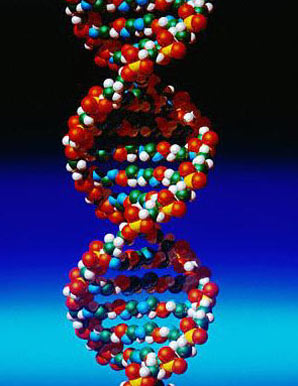- -by Renée Canada
As information continues to flow about how maternal health impacts fetal health, expectant mothers have increasingly more to consider when it comes to diet and their unborn children.
 Most are aware of the importance of having a calcium-rich diet for developing bones and getting enough folic acid to help prevent neural tube defects like spina bifida. Certain types of fish, like swordfish and king mackerel, are a no-no due to high levels of mercury.
Most are aware of the importance of having a calcium-rich diet for developing bones and getting enough folic acid to help prevent neural tube defects like spina bifida. Certain types of fish, like swordfish and king mackerel, are a no-no due to high levels of mercury.
And public health campaigns have been successful at spreading the word to cut alcohol consumption during pregnancy to help prevent premature delivery, mental retardation, birth defects and low birth weight babies.
Recent studies reveal that a mother’s behavior and habits may have an even further-reaching impact on her child’s life. Earlier this year, the journal Diabetes reported a study suggesting that a woman’s diet, particularly in the first trimester of pregnancy, may alter the DNA of her baby in the womb and increase the risk of obesity.
The BBC’s report on the study, explained it this way: “It is thought that a developing baby tries to predict the environment it will be born into, taking cues from its mother and adjusting its DNA.”
Studies in animals have shown that changes in diet can alter the function of genes–a process called epigenetic change. In this most recent study, researchers found children with a high degree of epigenetic change were more likely to develop a metabolism that “lays down more fat” leading to obesity, which can be carried into adulthood.
According to Yahoo! Health, one theory for this change is that an expectant mother who eats fewer carbs, which provide energy to the body, alters her baby’s metabolism by nurturing it in a carbohydrate-deprived environment.
Linking “epigenetic marker” with children carrying an average 6.6 pounds more than their peers by the ages six and nine, Professor Peter Gluckman from Auckland University’s Liggins Institute said the additional fat was likely to be carried well into adulthood.
Simply put, this study suggests a mother’s diet might impact her child’s risk of adulthood obesity, heart disease and diabetes.
 Note I said ‘might.’ The jury is still out on just how direct this association is, so let’s not jump to find another reason to blame our mothers for those extra pounds we can’t get rid of. We still have accountability to ourselves to take care of our bodies through good nutrition, exercise and other healthy behaviors.
Note I said ‘might.’ The jury is still out on just how direct this association is, so let’s not jump to find another reason to blame our mothers for those extra pounds we can’t get rid of. We still have accountability to ourselves to take care of our bodies through good nutrition, exercise and other healthy behaviors.
We’re familiar with the adage: You are what you eat. It increasingly appears that you are also what your mother eats while you’re still in the womb. Stay tuned for tomorrow’s piece on other aspects of the maternal diet whose path is not so clear-cut to trace.


Leave a Reply